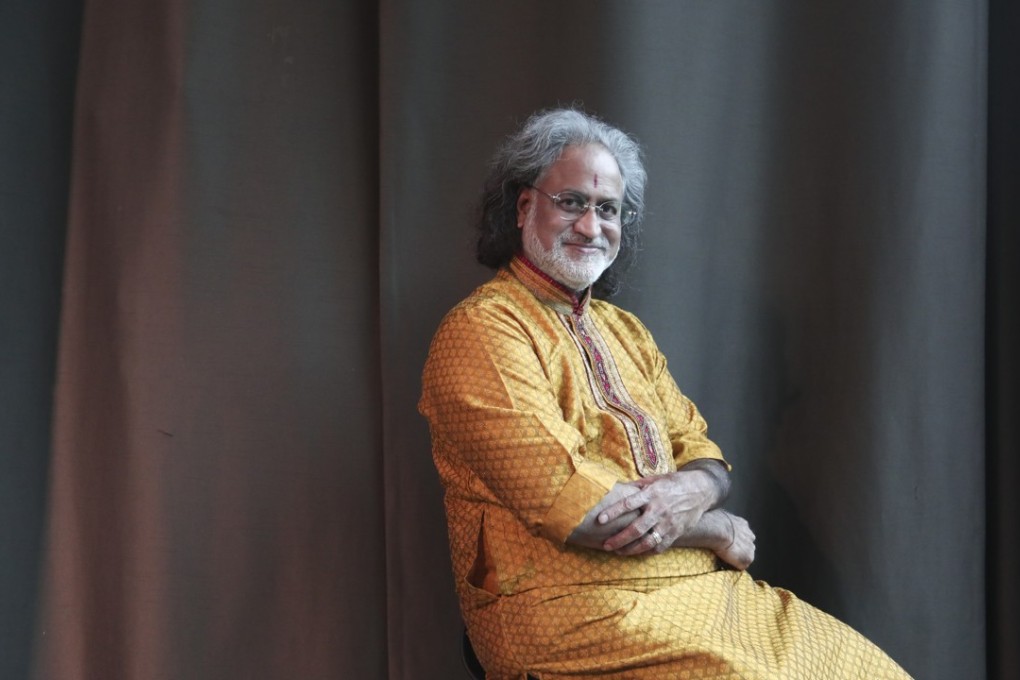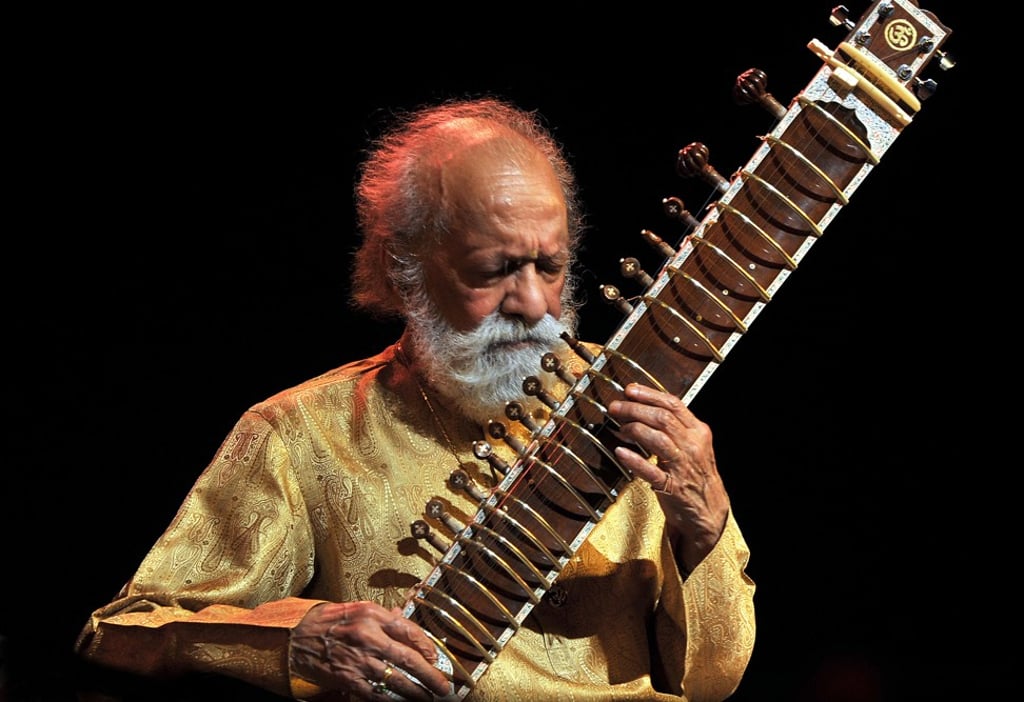Grammy-winning Indian musician on inventing a guitar and jamming with Richard Gere
Vishwa Mohan Bhatt became a global hit by combining Indian classical music with modern influences

I was brought up in Jaipur, the capital of Rajasthan, in the west of India. I was lucky to be born into a family of musicians – music runs in the blood. From the beginning, I heard the sound of music coming from all parts of our large home. My mother, father, brothers and sisters used to play or sing. So, since childhood, the nuances of Indian classical music went into my ears.
I began with vocal music – singing – and started playing the sitar, the famous Indian instrument, when I was 10 years old. In India, there’s a different musical education system. You don’t attend a music school, instead it’s all about your relationship with a particular teacher.
My brother was a disciple of the famous sitar maestro Ravi Shankar. He was a family friend and we had a close connection with him. I studied with him as well, later in my career.
When I was 15, a lady from Germany arrived with a guitar in her hand, to learn Indian music from my father. It was the first time a guitar had entered our home. When she left, we bought the guitar from her. I started experimenting and modifying it.

